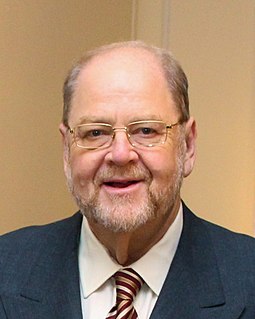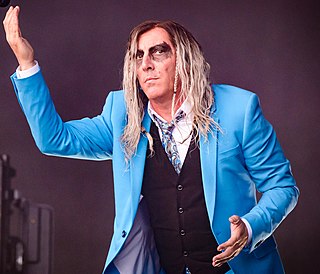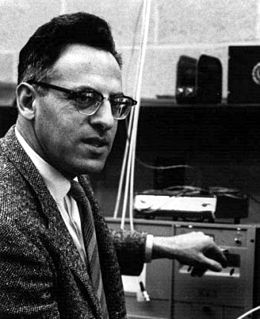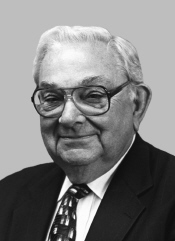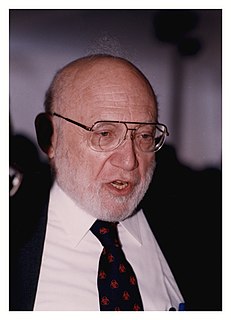A Quote by Francis Crick
While Occam's razor is a useful tool in the physical sciences, it can be a very dangerous implement in biology. It is thus very rash to use simplicity and elegance as a guide in biological research.
Related Quotes
And this shows that people want to be stupid and they do not want to know the truth. And it shows that something called Occam's razor is true. And Occam's razor is not a razor that men shave with but a Law, and it says: Entia non sunt multiplicanda praeter necessitatem. Which is Latin and it means: No more things should be presumed to exist than are absolutely necessary. Which means that a murder victim is usually killed by someone known to them and fairies are made out of paper and you can't talk to someone who is dead.
Occam's razor suggests that, if some event is physically plausible, we don't need recourse to more extraordinary claims for its being. Surely the requirement of an all-powerful deity who somehow exists outside of our universe, or multiverse, while at the same time governing what goes on inside it, is one such claim. It should thus be a claim of last, rather than first, resort.
Were it not for Occam's Razor, which always demands simplicity, I'd be tempted to believe that human beings are more influenced by distant causes than immediate ones. This would especially be true of overeducated people, who are capable of thinking past the immediate, of becoming obsessed by the remote. It's the old stuff, the conflicts we've never come to terms with, that sneaks up on us, half forgotten, insisting upon action.
I use social media every day. I don't have a Twitter account, but not because I'm a dinosaur about it. I have enough of a platform here. People in my position who do it tend to use it in a promotional way or in a hamstrung way. I look at Twitter all the time as a news tool or for cultural conversation. I've used it in my reporting. It's very useful.







